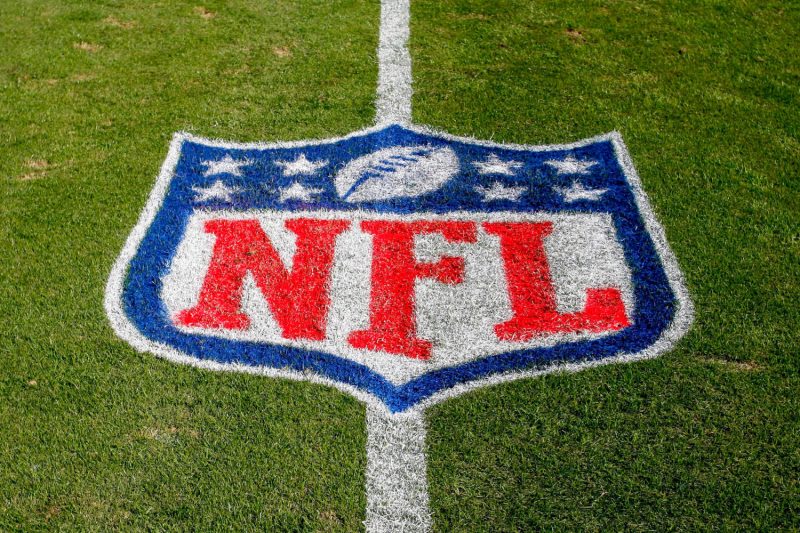
Landmark Decision: Federal Judge Strikes Down $4.7 Billion ‘Sunday Ticket’ Verdict, Siding with NFL
In a shocking turn of events, a federal judge recently made a significant ruling in the case involving the $4.7 billion jury verdict in the Sunday Ticket lawsuit against the NFL. The verdict, which initially favored the plaintiffs, has now been overturned, marking a pivotal moment in this high-profile legal battle.
The lawsuit, centered around the NFL’s Sunday Ticket package, alleged that the league engaged in anticompetitive practices by restricting the availability of out-of-market games to viewers. This practice, the plaintiffs argued, limited consumer choice and resulted in inflated prices for football fans who wished to watch their favorite teams play.
The original jury verdict awarding $4.7 billion in damages to the plaintiffs reflected a resounding victory for those challenging the NFL’s practices. However, the federal judge’s decision to overturn this verdict introduces a new layer of complexity to the case and raises questions about the legal standards applied in antitrust lawsuits of this nature.
Central to the judge’s decision was the determination that the plaintiffs failed to meet the burden of proof required to establish anticompetitive behavior on the NFL’s part. Despite the substantial damages awarded by the jury, the judge found insufficient evidence to support the claims put forth by the plaintiffs, leading to the overturning of the verdict.
This ruling underscores the challenges inherent in antitrust litigation, particularly when dealing with powerful entities such as professional sports leagues. While the jury may have been swayed by the plaintiffs’ arguments initially, the legal threshold for proving anticompetitive practices is considerable, as evidenced by the judge’s decision to reverse the verdict.
In the aftermath of this ruling, both the plaintiffs and the NFL are likely to reassess their legal strategies moving forward. For the plaintiffs, the setback of having the jury verdict overturned represents a significant obstacle in their pursuit of justice and fair competition within the sports broadcasting industry.
Meanwhile, the NFL’s successful defense against the initial verdict reaffirms the league’s ability to navigate complex legal challenges and protect its business interests. The overturning of the $4.7 billion jury verdict serves as a testament to the legal resources and expertise at the disposal of powerful organizations when faced with substantial lawsuits.
As this legal saga continues to unfold, it raises important questions about the intersection of antitrust law, consumer rights, and the business practices of major sports entities. The outcome of this case will undoubtedly shape the landscape of sports broadcasting and antitrust regulation for years to come, highlighting the enduring importance of legal battles in ensuring fairness and competition in the marketplace.
